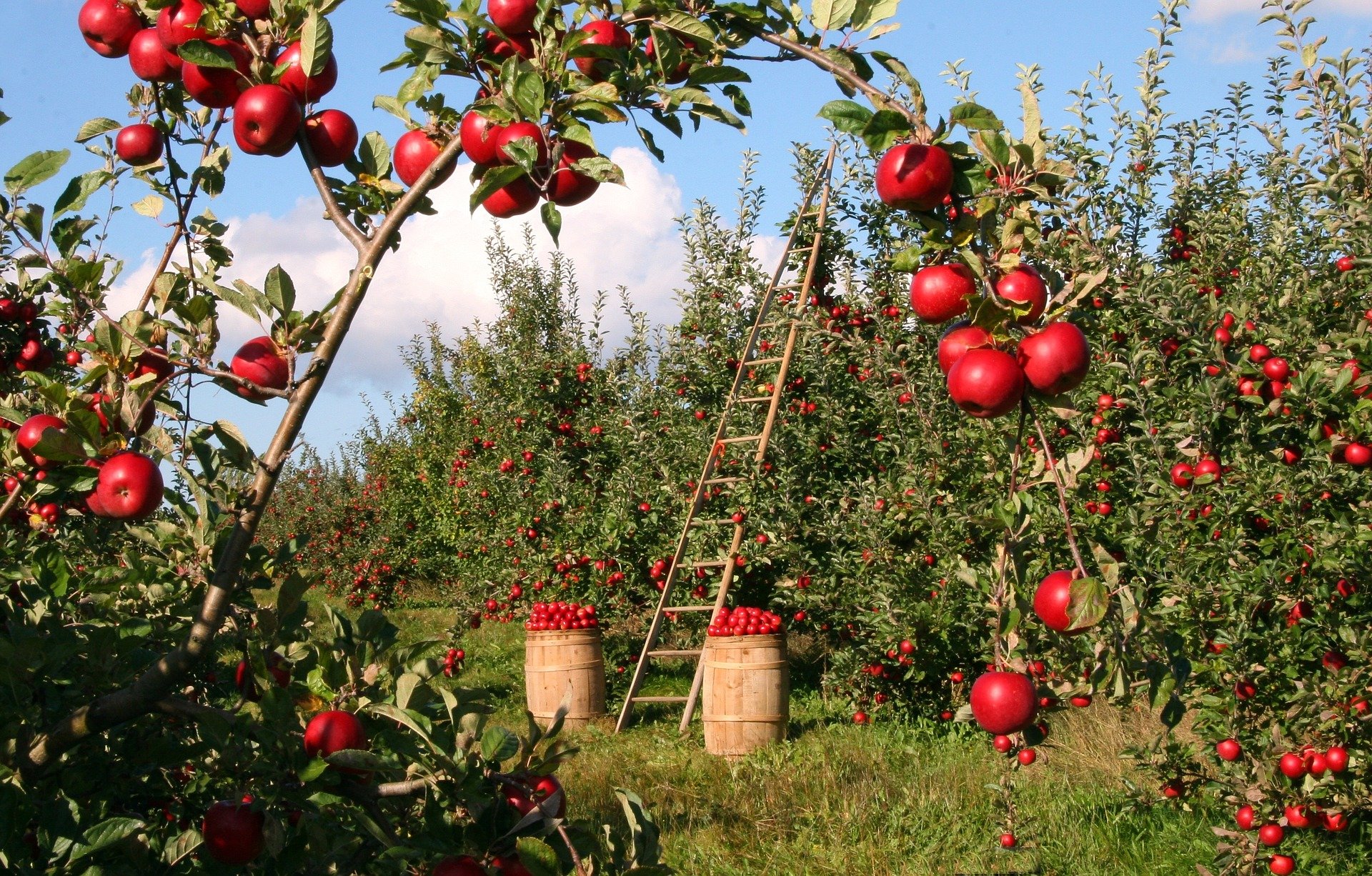I live in Chicago, and around this part of the country, October is harvest time.
Living in the city, it’s not always so easy to notice. However, every year since we moved here, my family and I have made an effort to get out to the country and enjoy a bit of the fall festivities.
Most years, that includes a trip to northern Indiana to spend the day at a farm with orchards, hayrides, and a huge corn maze. They also sell hot cider, and we usually head home with a peck or two of fresh-picked apples and a couple of pumpkin pies.
It’s a day well spent, and we’ve got five years’ worth of family memories wrapped up in the trip.
Need for Healing
Harvests are important to Christians. Jesus talked a lot about them. In chapter 9 of the Gospel of Matthew, after Our Lord calls some disciples, performs a few miracles, and argues with Pharisees, we are told that he is surrounded by the sick and the needy. The text goes on to say that Jesus was moved with pity for these poor souls, “because they were troubled and abandoned, like sheep without a shepherd” (9:36).
But then Jesus does an amazing thing. He had just demonstrated his power by miraculous healings and powerful teaching, so it is easy to assume that he plans to be the star of the show. But instead, he turns to his disciples and says to them, “The harvest is abundant but the laborers are few; so ask the master of the harvest to send out laborers for his harvest” (9:37–38).
Immediately after this, we are told that Jesus takes aside those same disciples and gives them the power to heal, teach, and do the miraculous things that he had just shown were possible.
I love this exchange so much. When we distill it to its core elements, the dynamic of it is very clear. Jesus demonstrates a miraculous power to heal, and then Jesus notes the overwhelming need for healing. He then says to the disciples, “There are too many for me to do this alone, so you have to step in and help,” and he gives them the power and the courage to do it.
Reaping What We Have Learned
This has been a very important story for me and my family to meditate upon these past months.
The spring is a time for planting. This year, back in March, like many others, my family began planting seeds of patience, bravery, and care in the dark and unknown soil of the pandemic. All through the summer, just as a farmer would tend to these seedlings, we have worked together to cultivate a growing crop of these virtues while doing our best to remove the weeds of fear and anger that seek to choke the green shoots.
It hasn’t been easy. My children are just old enough to understand the gravity of everything we have faced these past months—both as a nation and a world.
But we have also worked to understand what the first disciples themselves came to know: In the face of overwhelming sickness and need, Our Lord has called us to be laborers in the harvest. We are called to do what we can, with compassion and care, to bind up and heal the scared and the broken.
It starts in our own home, with each other. But now, as the fall has come upon us, we are seeking ways to continue reaching outward to support our community and the lost and hurting souls we encounter there.
This is an October that will be unlike any other in my memory. The harvest that awaits us is unlike any that the Church has seen in a long, long while.
When Jesus saw the overwhelming need, he turned to his disciples and said, “The harvest is here. I am equipping you to work, and to reap, and to heal.” Right now, Our Lord is saying the same thing to us.








